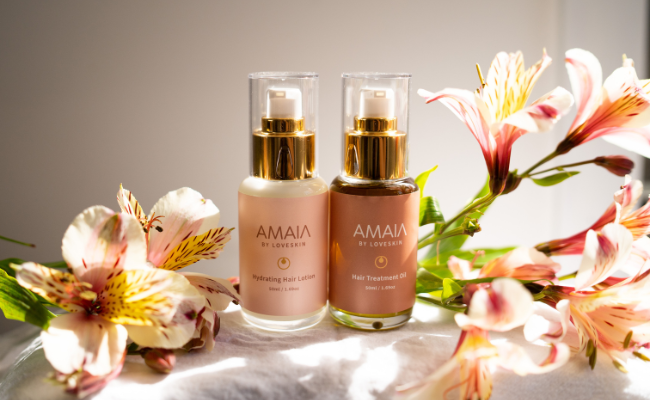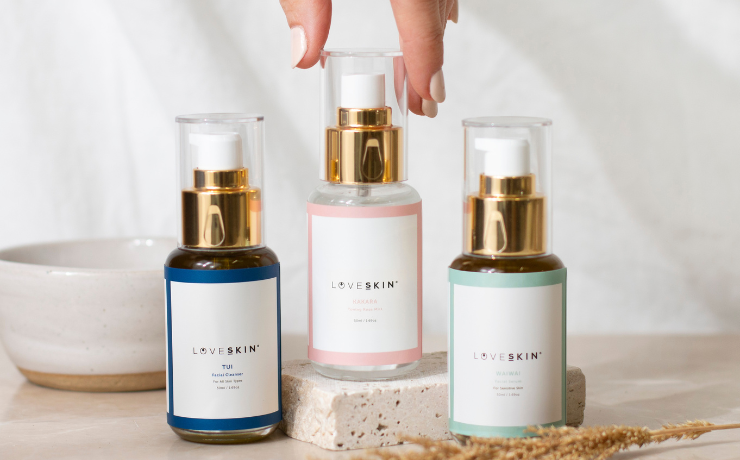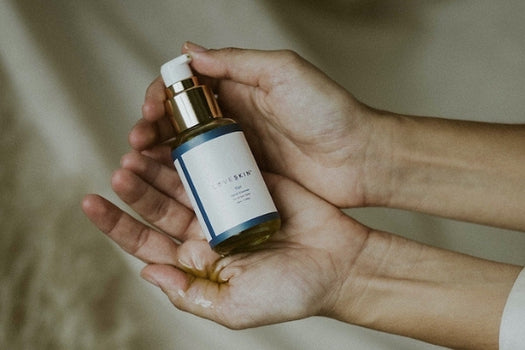What You Should Know About Cooking Oils
It’s no secret that healthy skin is a reflection of your internal health and overall balance. Like most good things, it starts from the inside. If you’re dehydrated, eating a poor diet, or highly stressed, it’s going to be reflected in the appearance of your skin.
Your skin has a mammoth job protecting your holistic wellness; it’s your frontline defence against bacteria, germs and other invasive organisms - so you need to protect it, inside and out. Just as we are vigilant about the oils we put on our skin, we should be careful about the oils we use in the kitchen.
Oils You Should Avoid
Due to their poor molecular structure, polyunsaturated vegetable oils (such as canola oil) are very unstable, oxidizing rapidly when exposed to oxygen, light, and heat. By the time we consume them, they often enter the body rancid and cause inflammation and cell ageing, which in turn speeds up the ageing process.
Some of the oils to watch out for include:
- Canola oil
- Grapeseed
- Safflower oil
- Sunflower oil
- some of the other seed oils
In the Power of the Seed, Susan M Parker says regarding the appearance of age spots on the backs of the hands, arms and face; "These spots, which are not natural freckles, come from consuming unstable oils and are a type of oxidation.”
So what’s the link between oxidation of oils and our skin? The oxidation process produces free radicals which most of us know are a bad thing, even if we’re not quite sure why. Think of free radicals this way: they’re the waste products of various chemical reactions in the cell that when built up, harm the cells of the body. The free radicals produced during oxidation slowly chip away at cell walls, causing inflammation. The inflammation degrades collagen and elastin, leading to premature sagging and wrinkle formation.
Oils You Should Cook With
Parker explains the first thing we should do is banish the polyunsaturated vegetable oils and swap them for oils high in monounsaturated fatty acids that don't break down when exposed to high temperatures.
These fats, which include oleic acid, palmitoleic acid, and linoleic acid (which is beneficial for acne-prone skin) are wonderfully moisturising, anti-inflammatory, and can fight oxidative stress, one of the main causes of premature ageing. Monounsaturated oils are also typically high in antioxidants - the skin's superhero against free radicals as they help protect the skin from the damage caused by free radicals.
These are some of the cooking oils your skin will thank you for using:
- Extra Virgin Olive oil
- Coconut oil
- Ghee (clarified butter)
- Macadamia nut oil
- Avocado oil
By choosing the right oils to cook with, and using LOVESKIN’s antioxidant packed oils on your skin, you’ll be on your way to healthy, luminous skin, inside and out.



